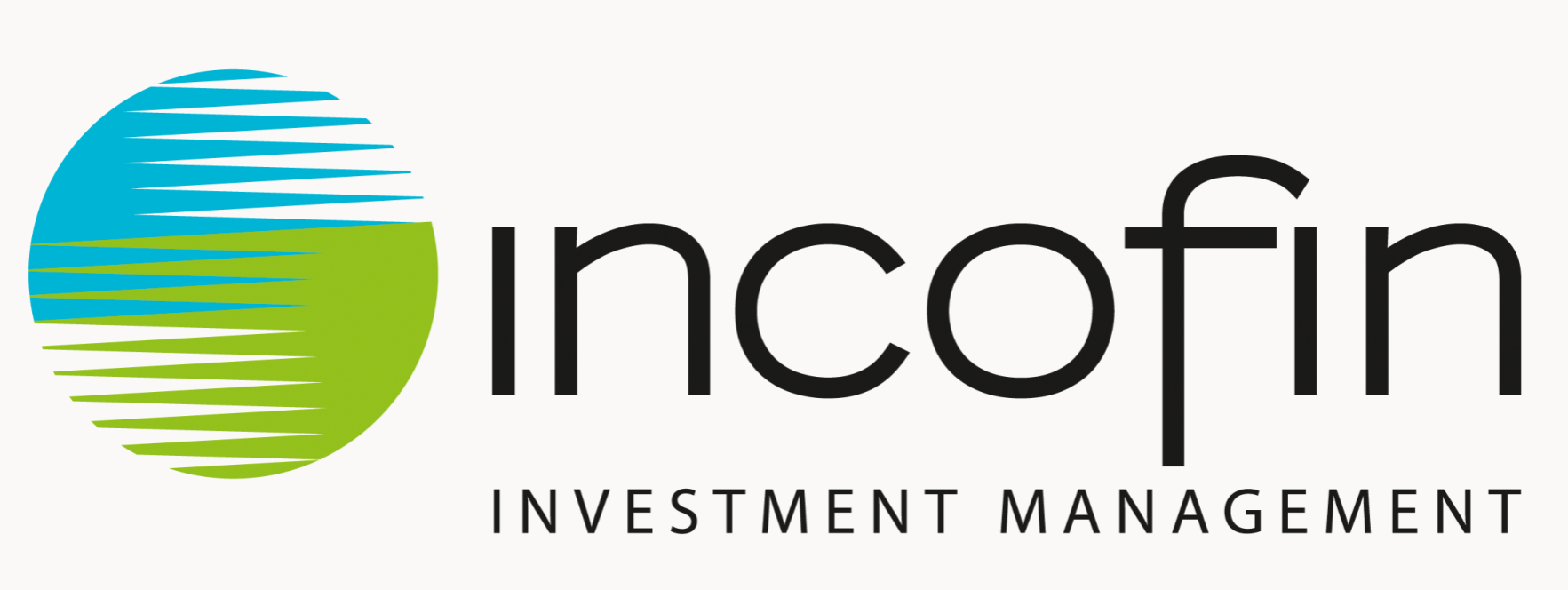

Incofin Investment Management

Antwerp, Belgium
October 2023
Investment advising
Service with Minor Environmental Footprint
Belgium,
Cambodia,
Colombia,
India,
Kenya
Incofin IM is an emerging market focused, independent impact asset manager investing in financial inclusion, agri-food value chain and safe drinking water. Driven by a desire to promote inclusive progress and sustainable transitions, Incofin IM is a licensed Alternative Investment Fund Management (AIFM), advising and managing more than EUR 1.4billion of assets globally. Incofin has a team of 100 professionals spread over the world in Belgium, Colombia, India, Kenya and Cambodia. Incofin values diversity and inclusivity and is an employer of choice. For further information, please visit: https://www.incofin.com
Overall B Impact Score
Governance 22.9
Governance evaluates a company's overall mission, engagement around its social/environmental impact, ethics, and transparency. This section also evaluates the ability of a company to protect their mission and formally consider stakeholders in decision making through their corporate structure (e.g. benefit corporation) or corporate governing documents.
Workers 39.7
Workers evaluates a company’s contributions to its employees’ financial security, health & safety, wellness, career development, and engagement & satisfaction. In addition, this section recognizes business models designed to benefit workers, such as companies that are at least 40% owned by non-executive employees and those that have workforce development programs to support individuals with barriers to employment.
Community 15.5
Community evaluates a company’s engagement with and impact on the communities in which it operates, hires from, and sources from. Topics include diversity, equity & inclusion, economic impact, civic engagement, charitable giving, and supply chain management. In addition, this section recognizes business models that are designed to address specific community-oriented problems, such as poverty alleviation through fair trade sourcing or distribution via microenterprises, producer cooperative models, locally focused economic development, and formal charitable giving commitments.
Environment 4.9
Environment evaluates a company’s overall environmental management practices as well as its impact on the air, climate, water, land, and biodiversity. This includes the direct impact of a company’s operations and, when applicable its supply chain and distribution channels. This section also recognizes companies with environmentally innovative production processes and those that sell products or services that have a positive environmental impact. Some examples might include products and services that create renewable energy, reduce consumption or waste, conserve land or wildlife, provide less toxic alternatives to the market, or educate people about environmental problems.
Customers 47.3
Customers evaluates a company’s stewardship of its customers through the quality of its products and services, ethical marketing, data privacy and security, and feedback channels. In addition, this section recognizes products or services that are designed to address a particular social problem for or through its customers, such as health or educational products, arts & media products, serving underserved customers/clients, and services that improve the social impact of other businesses or organizations.